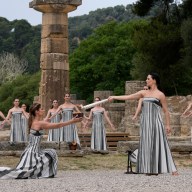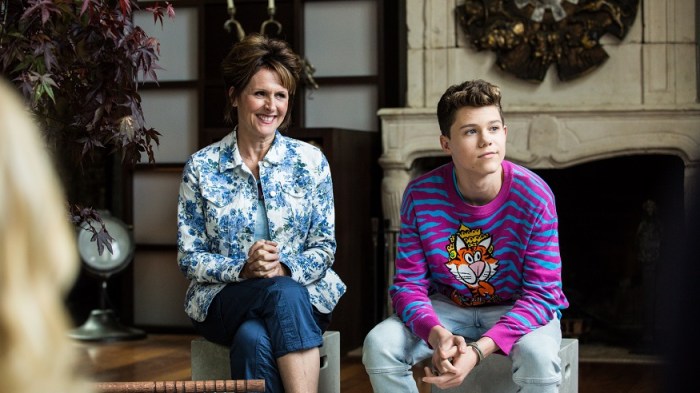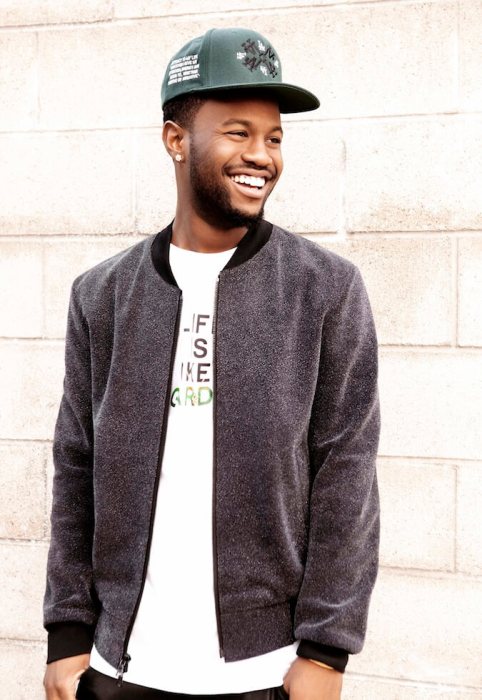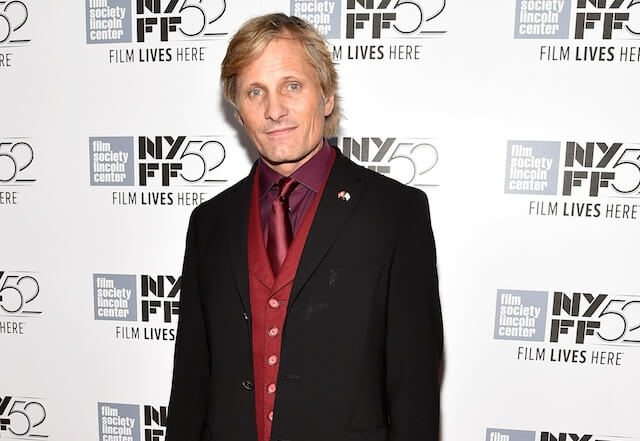Swedish actor Joel Kinnaman first came to attention in “Easy Money,” an import from his homeland that mixed action with character-driven drama. That also describes “Run All Night,” a Liam Neeson thriller in which the aging action star tries to protect his estranged son (Kinnaman) from a mafia hit. Those are the kinds of movies the actor — best known to Americans for “The Killing” and last year’s “RoboCop” remake, plus his just announced role in Marvel’s “Suicide Squad” — prefers to make, and to watch. This is being sold as a Liam Neeson action film, and it is, but it’s also a dark drama about regret and failure.
And redemption and forgiveness. It’s a high-paced action movie, but at the same time it has themes and scenes are quite emotional and really give the characters a foundation. The action scenes are about something, they mean something. Those are the kinds of films I like to watch, and those are the films I like to be a part of. Even your character, who’s ostensibly a good, innocent family man, has a dark streak.
That was my big input into the script. He was originally written as a clean-cut guy who didn’t have any problems — he just became a victim of the situation and was not proactive. For me it was important that he was deeper. If you’ve been abandoned the way he has by his father, that will leave a trace on your personality. I wanted him to have anger problems of his own, and to be physically capable, so that when the s— goes down he’s still a part of the journey to survive and protect his family. There’s a moral grayness to all the characters. Even the main villain, played by Ed Harris, is motivated by grief, not mere vindictiveness.
That’s what life is. Nothing is black and white, even though a lot of movies try to portray it that way. That doesn’t ring true to me. Really good people sometimes do bad things, and really bad people sometimes do good things. It’s in the contrast where we understand people. When you meet someone for the first time, you get an idea of what type of person they are and you put them in a category. Then when you get to know that person, they do something that is completely opposite to that. That’s when know who they are. I always try to find characters who have a really broad spectrum of behavior. That’s what comes closer to what life is. If someone asks who you are, it’s an impossible question to answer, because we behave in so many different ways in different situations, depending on who we’re in contact with. Some writers are brave with that. Dostoevsky’s characters are all over the place. That’s what makes it feel like life. It seems like with television you’d have more time to really flesh out and explore characters.
There’s pros and cons to that. With TV you have this really slow development, and you can go further with a character. A perfect example is “Breaking Bad.” That’s the biggest character journey I’ve ever seen. At the same time while shooting you can get frustrated and bored, because it moves so slowly. It’s a freight train that’s slowly moving across the country. In a movie you have to make decisions quickly and show this color and that color and this color and that color. Every choice a character makes has a big impact on the story. A TV series is like a novel and a movie is a short story. For me, my temperament works better with a short story. I’m a restless guy. Are you reluctant to go back to TV?
I definitely won’t sign up for a multiple season show, but if it was a really interesting show that had one season or was a miniseries, I’d definitely be open to that. Even if you’re shooting a really high quality TV series, you might only do one interesting scene a week, even if it’s really good writing. That can be tedious, even on the good shows. I’m glad to have done [“The Killing”], because it was a great experience to spend that much time with a character. But there’s something magical about movies.= “Run All Night” does have a lot of dramatic scenes, but it’s also half action. How do you find those parts, as an actor?
It depends. There’s different kinds of action. Doing a fight sequence, for example, is always fun. It’s like choreography, like a violent dance. If you’re doing car stuff or things are blowing up, then usually you’re just putting together small parts. That can be tedious. Sometimes you get longer set pieces. In our movie, we had to run through various backyards, almost like a parkour scene. We would do extended takes of that scene where you feel like you’re actually in the situation. That makes it fun. It’s all about storytelling. Anybody who’s been in a fight knows a fight has a story in it: somebody gets an advantage, the other person get afraid, the tables turn, and so on. There has to be a storytelling element, so it’s not just flash or cool camera movements. Those can be even more fun to watch, but to perform, for me, it’s always the ones that are about storytelling that are fun to make. This was shot mostly on location in New York. It’s a busy town. Were these tough to shoot?
I love it. You can’t replicate the energy of New York. The energy here is very specific and frantic. There’s a sense of humor in New York, especially in the old New York, the working class New York. It’s pretty harsh, about tough love. People don’t give a s— if you’re making a movie. They’d say, “Get out of my way, I’m going to go buy my cigarettes.” [Laughs] The energy seeps into the film. Every extra in the background was from that neighborhood. The city is a character in this film.
Interview: Joel Kinnaman on ‘Run All Night’ and finding TV a little boring
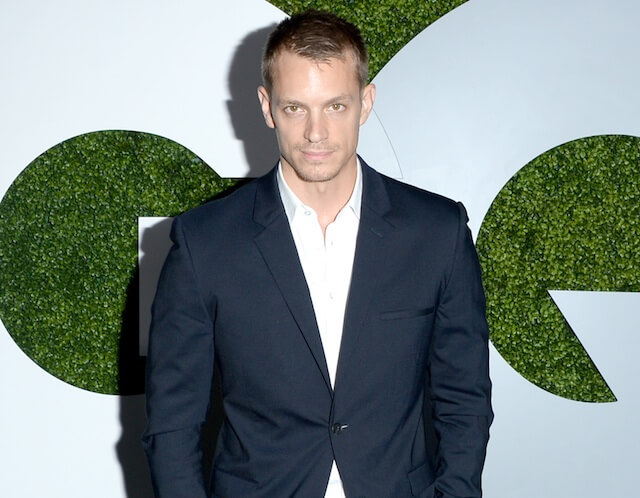
Getty Images
Follow Matt Prigge on Twitter @mattprigge







